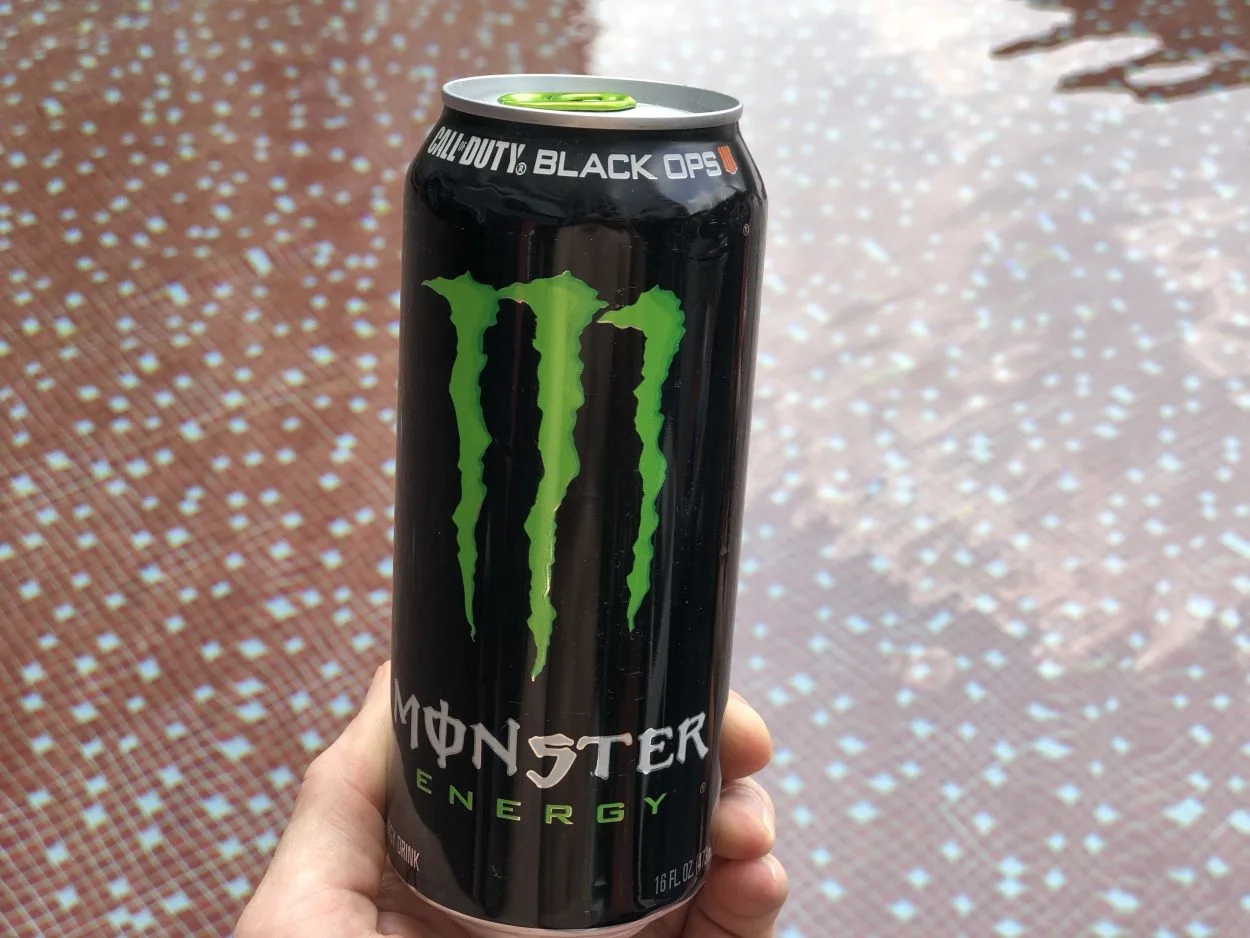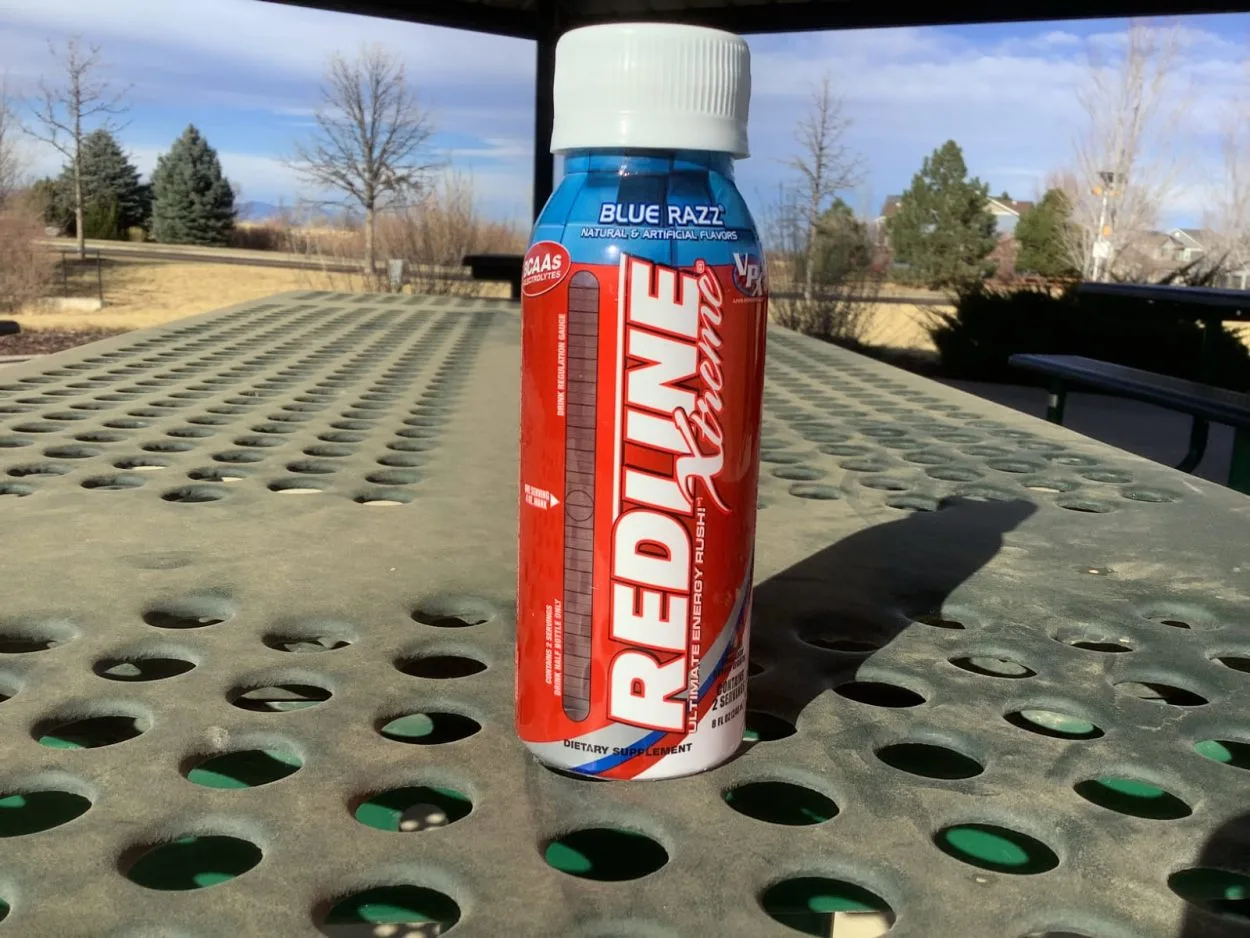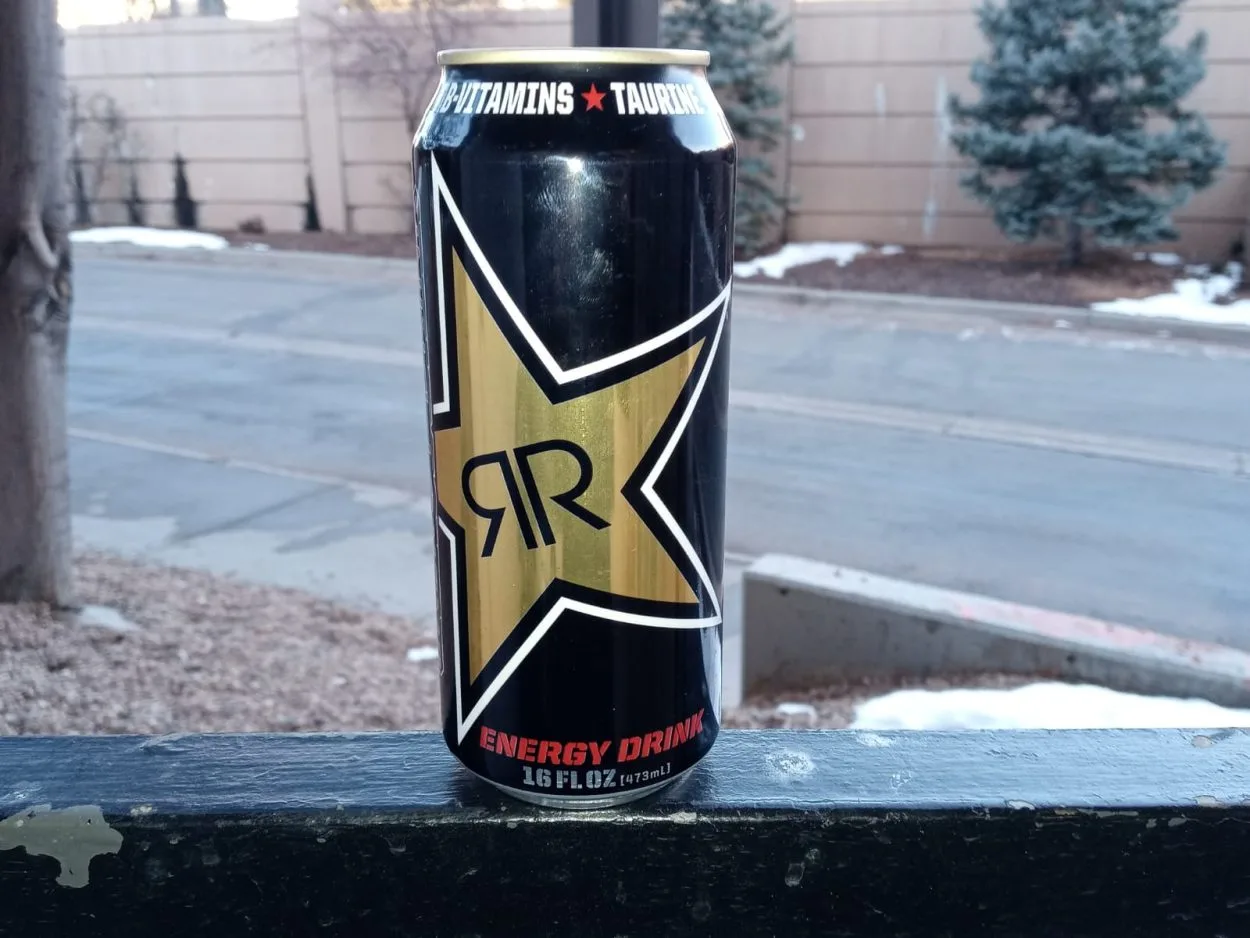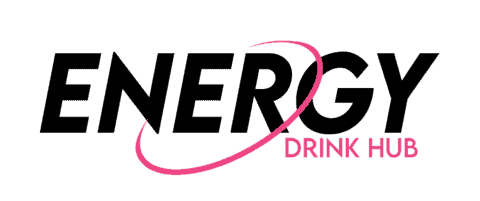Short answer: Caffeine withdrawal or abrupt deletion of caffeine from your diet can cause an increase in your hunger, but energy drinks alone can’t make you need more food.
Energy drinks contain caffeine which is why many can’t stop drinking them once they’ve tried one.
Caffeine is a practical ergogenic — anything that boosts athletic performance by sparing muscle glycogen and delaying exhaustion — because it spares muscle glycogen and delays fatigue.
All energy drinks have a similar effect on the human body: they generate a peak of energy, followed by a fall.
Loss of strength, lethargy, tiredness, intense hunger, palpitations, sweating, confused vision, and fainting are symptoms that follow a sudden drop in blood sugar.
Although there is no research or a direct link between energy drinks and their effect on your hunger, caffeine withdrawal can cause you to lose energy as a symptom, causing you to consume more calories and increase your appetite.
However, the effect is likely to be minor, if you drink more caffeine due to it, you’ll likely burn more calories than it contains, resulting in weight loss.
Keep reading to find out more about how caffeine stimulates your system and how its withdrawal causes you to eat more.
Page Contents
What Is Caffeine?
Caffeine is a stimulant, which means it speeds up the transmission of messages between the brain and the rest of the body.
Millions of people use it every day to promote alertness, reduce fatigue, and improve attention and focus.
It can be found in seeds, nuts, coffee beans, and leaves of various plants.
Despite the debate over whether caffeine is healthy or harmful for us, evidence reveals that its use can have positive and negative effects.
It is classified as both a medication and a food ingredient by the Food and Drug Administration (FDA). They recommend a daily dosage of no more than 400 mg.
Even though there is no established limit for children, the American Academy of Pediatrics (AAP) recommends that children and adolescents avoid caffeine and other stimulants.
More than 90% of adults in the United States (US) consume caffeine daily, with an average of more than 200 mg of caffeine consumed per day. This amount of caffeine is equivalent to two 6-ounce cups of coffee or five 12-ounce soft drink cans.
Caffeine In Energy Drinks

Aside from multivitamins, energy drinks are the most popular supplement among American adolescents and young adults.
The fundamental motivation for their use is assumed to be a desire to lose or maintain body fat.
On the other hand, many competitive athletes consume these energy drinks for their ergogenic properties.
Although caffeine is the main active element in these energy drinks, they also contain sugar, B vitamins, taurine, and other ingredients.
Caffeinated energy drinks are touted as having the ability to increase your energy and alertness.
Energy drinks come in a variety of brands, flavors, and sizes. Red Bull and Rockstar Energy are two well-known brand names.
Energy drinks are frequently marketed alongside other sugary beverages such as soft drinks, vitamin-enhanced waters, and sports drinks at supermarkets.
An energy drink’s caffeine content is mentioned on the label. A single-serve jar can contain up to 180 milligrams of caffeine. The caffeine content in 1 cup of brewed coffee (250 mL) is roughly 135 mg.
Benefits Of Energy Drinks
Caffeine may provide certain health benefits, but science hasn’t yet proven them all.
- Weight loss
- Alertness
- Enhances Sports performance
- Improves Brain Function
- Reduces the risk of Alzheimer’s and Parkinson’s disease
- Can prevent Liver and colon diseases
- Kidney stones
- Lessens the risk of skin cancer
Side Effects Of Energy Drinks
When consumed in large quantities, energy drinks can have many side effects. Some of the reactions that have been recorded include:
What Is Caffeine Withdrawal?
You may wish to give up coffee for a variety of reasons. It could be causing you discomfort, or it could be that those specialty coffees from coffee shops are too expensive.
However, if you stop taking caffeine, you can have unpleasant withdrawal symptoms.
When someone who has been drinking caffeine regularly, stops, they experience caffeine withdrawal.
Most people who drink caffeinated beverages regularly are familiar with some of these symptoms.
You may notice some of these adverse effects just a few hours after quitting caffeine.
Depending on how much caffeine you consume regularly, they can range from mild to severe. The most prevalent symptom of withdrawal is probably headaches. There is also a lot of irritability and weariness.
People seek comfort from these negative symptoms by drinking a caffeinated beverage again.
How Long Does Withdrawal From Caffeine Last?
Caffeine is a psychoactive stimulant that inhibits adenosine receptors from reducing sleepiness.
Adenosine is a neurotransmitter involved in the sleep-wake cycle of the organism.
Caffeine works by blocking receptors, allowing a person to feel more awake for a short period. As the brain adjusts to operating without caffeine, withdrawal symptoms appear.
Fortunately, caffeine withdrawal does not last long, and the symptoms are regarded as minor. In general, the more caffeine you’re used to drinking, the more severe your withdrawal symptoms will be.
Withdrawal symptoms appear 12 to 24 hours after the last caffeine intake and can continue anywhere from two to nine days.
Someone who abruptly quits taking caffeine after a long period will usually experience withdrawal symptoms between 12 and 24 hours. Between 24 and 51 hours, the withdrawal symptoms usually reach their climax.
Caffeine withdrawal will almost certainly affect you if you consume caffeine daily.
Can Energy Drinks Make You Hungry?
Caffeine withdrawal or rapid deletion of caffeine from your diet can produce an increase in your hunger, but energy drinks alone can’t make you require more food.
Have you ever had unusual cravings after skipping your caffeine intake one morning?
Since energy drinks suppress your hunger for a short period of time, you may find yourself reaching for fat- or sugar-laden substitutes more frequently than usual once you quit drinking your regular cup of joe.
This is especially true when caffeine withdrawal sets in and your body seeks a quick sugar fix, raising your blood sugar and increasing your daily caloric intake.
This is what your food cravings are trying to tell you about your overall health.
Effects Of Caffeine Withdrawl

Caffeine withdrawal has other impacts on your body besides raising your caloric intake.
Headache
A headache is the most common caffeine withdrawal effect. Headaches, according to the DSM-5, can develop gradually, throbbing, and be severe.
Caffeine withdrawal headaches often resemble migraine headaches, and many of the other caffeine withdrawal symptoms are comparable to migraine symptoms.
Mental Fogginess
This symptom is described in a variety of ways, but they all boil down to the same thing: when you stop using coffee, your brain doesn’t perform as well.
Caffeine withdrawal was linked to lower mental alertness and poorer performance on reaction time and memory tasks in one study, proving that it’s more than simply a mood.
Caffeine’s stimulating and performance-enhancing effects cause mental fogginess as a rebound effect. Adding extra caffeine to the mix will only serve to keep the cycle going. You don’t have to go cold turkey; you can gradually reduce your caffeine intake.
Nausea and Vomiting
Caffeine withdrawal symptoms such as nausea and stomach distress are far more prevalent than vomiting, yet both are acknowledged as probable symptoms.
The unpleasant sensation of queasiness or feeling as if you are ready to vomit is known as nausea.
Famous Energy Drinks With High Caffeine Content
Monster Energy Drink

Monster Energy is the most well-known brand when it comes to energy beverages. It’s a fairly recognized energy drink, with its distinctive green-claw design running down the side of a black can.
On average, a typical 16 fl. oz can of Monster Energy contains 210 calories, which is quite a lot.
Due to its high-calorie content, Monster Energy Drink may not be the greatest choice if you’re seeking a low-calorie energy drink to complement your diet.
It contains 160mg of caffeine, which is a standard amount for an energy drink of this size.
Although not as high in caffeine as a Reign or Bang (300mg per 16fl.oz), a can of Monster has 160mg per 16fl.oz, which is approximately equal to two cups of coffee.
It also contains 55 grams of sugar, making it one of the sugariest energy beverages on the market.
As a comparison, 55g of sugar is roughly 3.5 teaspoons of sugar, which is an unhealthy amount of sugary deliciousness regardless of whether you have a sweet tooth.
Nutrition Facts of Monster Energy Drink
The table shows the list of nutrients per 16 fl. oz of Monster energy drink.
| Nutrients | Amount per can |
| Energy | 210 cal |
| Fat (Of which saturated) | 0 g |
| Carbohydrate (Of which Sugars) | 54 g |
| Caffeine | 160mg |
| Protein | 0 g |
| Sodium | 370mg |
| Vitamin B2 | 3.6mg |
| Vitamin B3 | 46mg |
| Vitamin B6 | 4.6mg |
| Vitamin B12 | 13 mg |
Redline Xtreme Energy Drink

Redline Xtreme energy drinks can provide a significant energy boost. This VPX beverage comes in 8-ounce bottles and has a whopping 316mg caffeine content.
It’s high in caffeine (316mg), yet it’s low in carbohydrates, calories, and sugar. This makes it suitable for those on restricted diets.
It also contains vitamins and minerals to help you enjoy your workout.
While the mentioned characteristics sound appealing, the 316mg caffeine content is a deal killer for me.
Given that most energy drink brands only contain 50-200mg of caffeine, the caffeine concentration of these beverages is extremely high. Caffeine-sensitive people and beginners should avoid Redline Xtreme.
As you can see, it contains minerals like sodium, magnesium, and potassium. These substances are known as electrolytes.
Electrolytes, as you may know, keep your body’s fluid balance during strenuous exercise.
It is tasty and provides a good quantity of energy, even though it is sugar-free. To give it a sweet taste, sucralose, an artificial sweetener, is utilized.
Rockstar Energy Drink

Rockstar is a decent energy drink that I like from time to time. It helps me get out of that late-afternoon funk, and it’s a nice change of pace.
A serving of 16 oz Rockstar has 122 calories. Rockstar is ideal for when you need a rapid burst to accomplish your work, even though it doesn’t have as many calories as Monster or Red Bull.
Each 16 fl oz can of Original Rockstar has 160 mg of caffeine.
Rockstar isn’t the strongest caffeinated energy drink on the market, but it’s certainly not a slouch.
That’s still about two cups of coffee, which is a lot of coffee for some people.
It also has 24g of sugar in it. Rockstar isn’t as sugary as some other well-known energy drink brands.
Granted, it’s not sugar-free, but if you want something a little less sweet, Rockstar has you covered.
Conclusion
Caffeine is a stimulant, which means it raises brain and nervous system activity. It also boosts the body’s circulation of hormones like cortisol and adrenaline.
As a result, its presence in an energy drink keeps you alert, focused, and stimulated throughout the day.
If you usually move to anything else, though, giving up your daily high could result in you gaining a few pounds.
The reason for this is that caffeine has been linked to weight gain, as your body seeks a quick sugar fix after being depleted of caffeine for an extended period. It accomplishes this by raising your blood sugar level and daily caloric intake, causing you to eat more.
